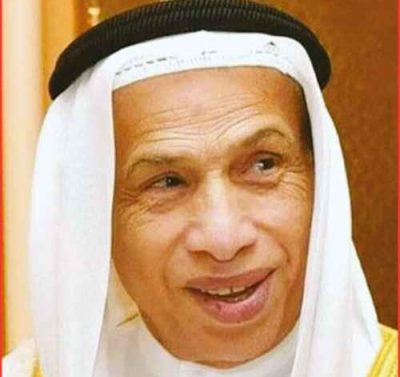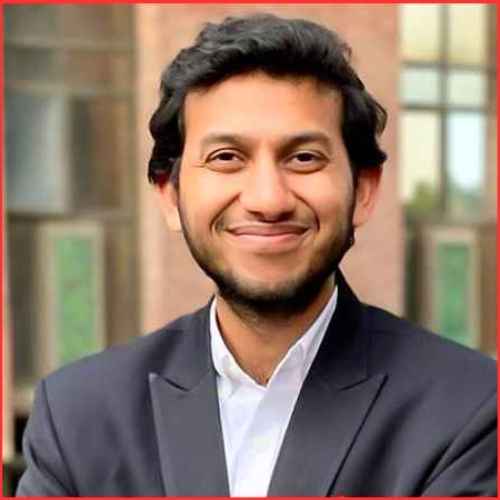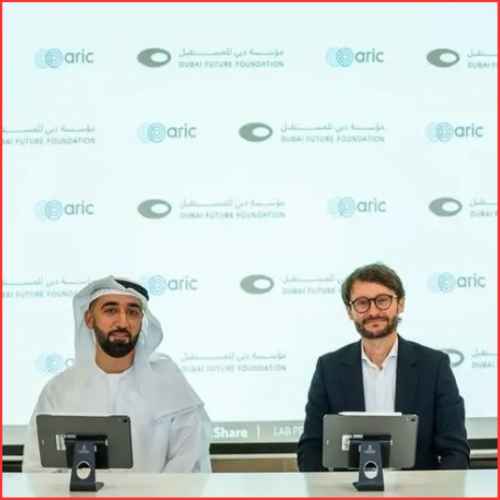Several Canadian provinces are looking abroad to address domestic labour needs, with the UAE emerging as a keyinternational recruitment hub. In a significant move highlighting two-way cooperation between the nations, recruitment missions planned for Dubai early next year aim to tap into the emirate’s diverse professional talent pool.

The February recruitment missions aim to attract professionals from a range of sectors by presenting financially sound career prospects. Canada anticipates strong returns from filling domestic workforce gaps with overseas talent. While tapping markets like the UAE addresses pressing needs, it also fosters multi-layered economic cooperation between nations. For professionals and recruiting countries alike, international talent mobility builds avenues for mutual financial growth.
From a financial perspective, Canada faces growing requirements to support important sectors of its economy. With industries like healthcare experiencing staffing pressures, recruitment missions overseas become a pragmatic solution. Tapping markets like the UAE opens the door to qualified candidates experienced working in a similar multi-cultural environment.
For those recruited, these initiatives signify new money-making potential. Successful applicants gain opportunities in a stable, high-wage nation with potential for career progression and skills development. Canada also boasts a competitive tax regime and publicly-funded healthcare system providing savings versus some comparably salaries countries. For professionals, these missions herald financially sound prospects.
Specifically, healthcare remains a top priority as demand outpaces domestic supply. Canada’s aging population is driving the requirement for 20,000 additional nurses annually through 2022 alone. With recruitment missions targeting registered nurses and beyond, financial rewards are on offer. Canadian nurses commanded average salaries of C$75,000 last year – significantly higher than many source nations.
Other sectors yield revenue growth opportunities too. Construction, technology, transportation and more present financial upside for candidates. Canada projects robust GDP expansion in these industries, underscoring future earning power. Skilled workers gain stable income potential in industries forecast for continued high spending.
For source countries like the UAE, these recruitment programmes hold economic benefits. The emigration of talented labor opens domestic jobs, while emigrants act as bridges for trade. Successful applicants may become long-term investors in their former nations too. Overall, international talent sharing schemes contribute to multilateral financial prosperity.
Canada’s rising stake in the UAE market highlights evolving recruitment dynamics. Financially, international talent scouting benefits both recruiting and source countries by addressing labour needs while creating cross-border economic linkages. As skilled populations connect globally, opportunities for workforce development and moneymaking will continue multiplying across many nations.















